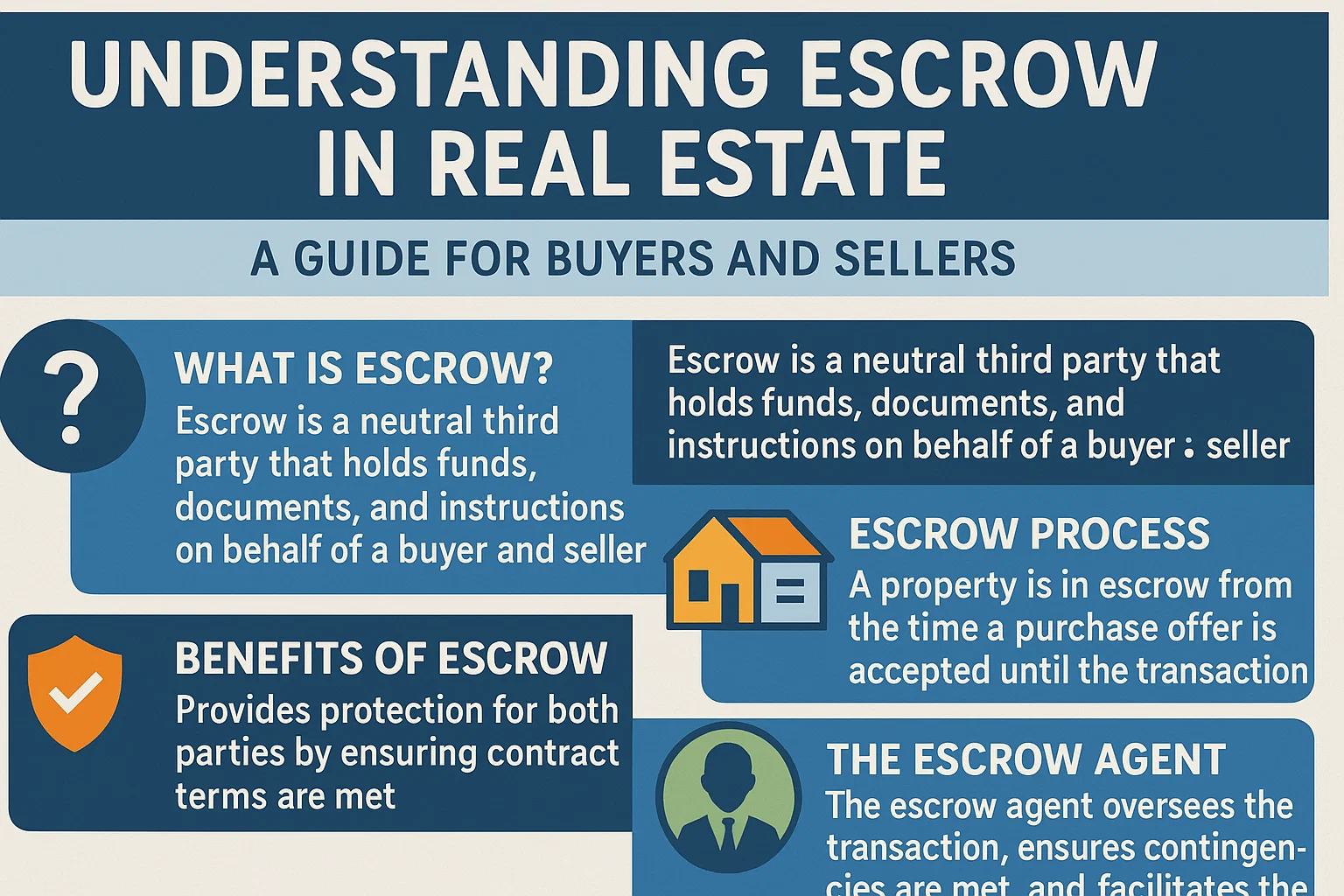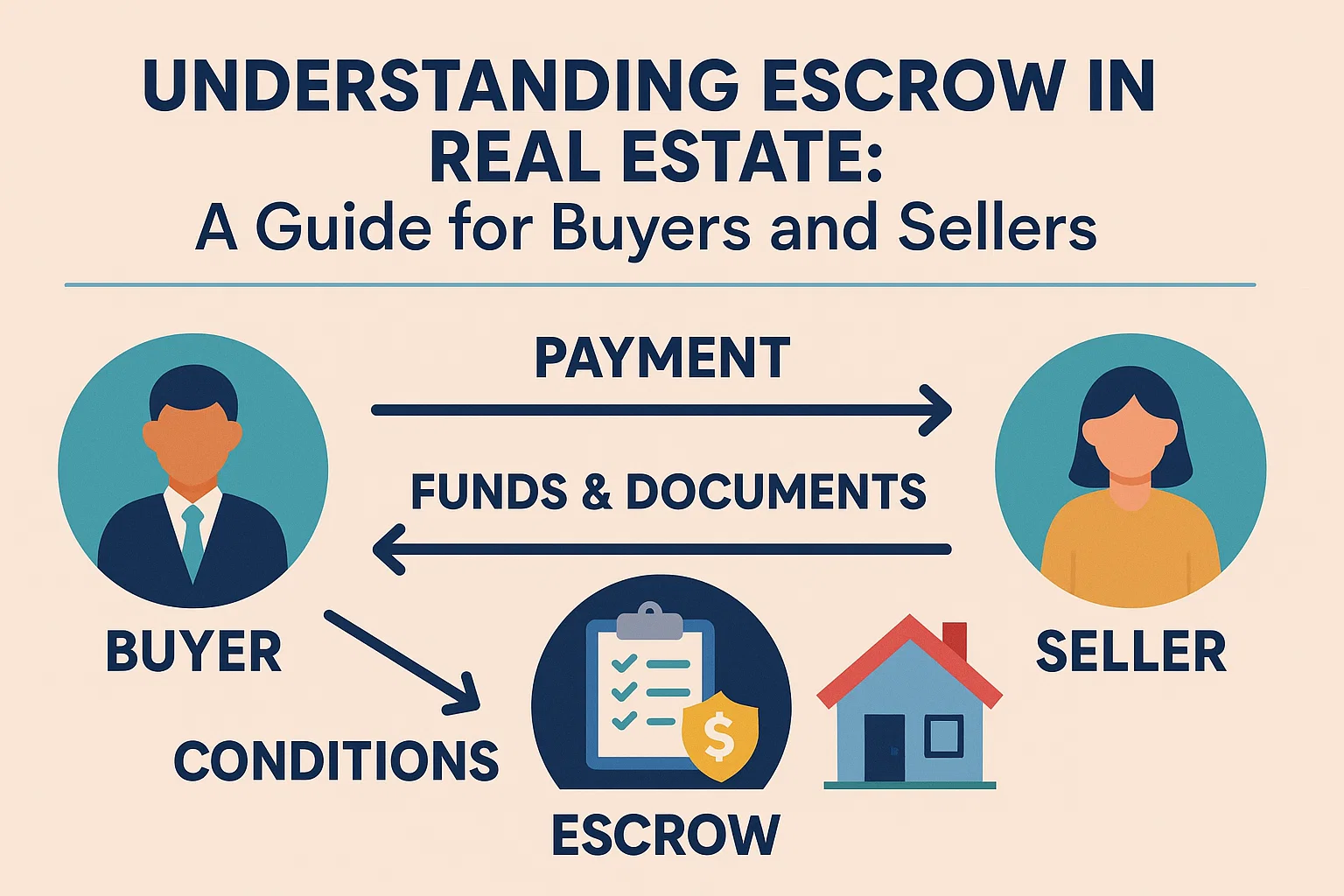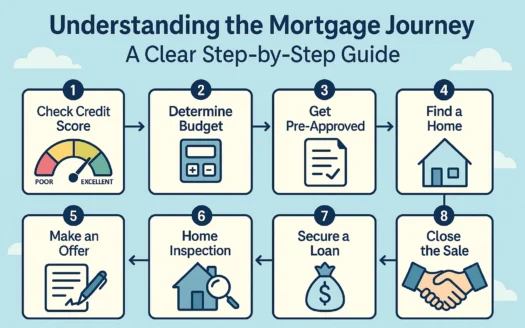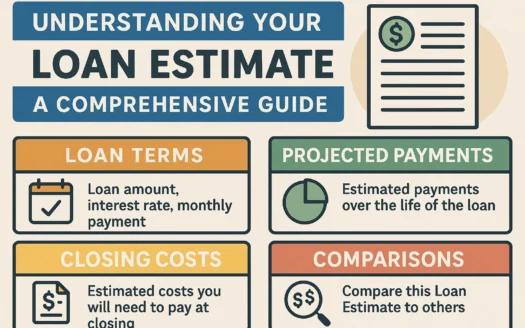Understanding Escrow in Real Estate: A Guide for Buyers and Sellers

Understanding Escrow in Real Estate: A Guide for Buyers and Sellers
What Is Escrow?
Escrow is a secure, third-party process used to protect both buyers and sellers during a real estate transaction.
It involves a neutral account where funds and critical documents are held until all conditions of the sale are met.
The term also refers to the period between the acceptance of a purchase agreement and the official closing of the sale.
How Escrow Works
During a home sale, the buyer typically deposits earnest money into an escrow account.
This deposit, usually 1-3% of the purchase price, demonstrates the buyer’s commitment to the seller.
The funds are managed by an escrow officer, who ensures transparency and compliance with the terms of the agreement.
Key Steps in the Escrow Process
- The buyer submits earnest money to the escrow account.
- The seller takes the home off the market while the buyer conducts inspections and secures financing.
- If the sale succeeds, the earnest money is applied to the purchase price.
- If the sale fails due to unmet contingencies (e.g., inspection issues), the buyer’s deposit is refunded.
- If the buyer withdraws without valid cause, the seller retains the earnest money as compensation.
Why Escrow Matters for Buyers
Escrow safeguards buyers by:
- Preventing sellers from accessing funds prematurely.
- Allowing time for due diligence (e.g., home inspections, title checks).
- Ensuring refunds if contingencies like repairs or disclosures aren’t fulfilled.
Why Escrow Matters for Sellers
Escrow protects sellers by:
- Verifying the buyer’s financial commitment through earnest money.
- Compensating the seller if the buyer backs out without cause.
- Streamlining the closing process once all conditions are satisfied.
Common Contingencies in Escrow
Contingencies are conditions that must be met for the sale to proceed. Examples include:
- Successful home inspection.
- Completion of agreed-upon repairs.
- Clear title transfer.
- Approval of financing or appraisal.
Final Thoughts
Escrow is a vital component of real estate transactions, offering security and clarity for both parties.
By holding funds and documents in a neutral account, it ensures fairness and reduces risks during the sale process.
Whether you’re buying or selling, understanding escrow helps you navigate this critical step with confidence.




